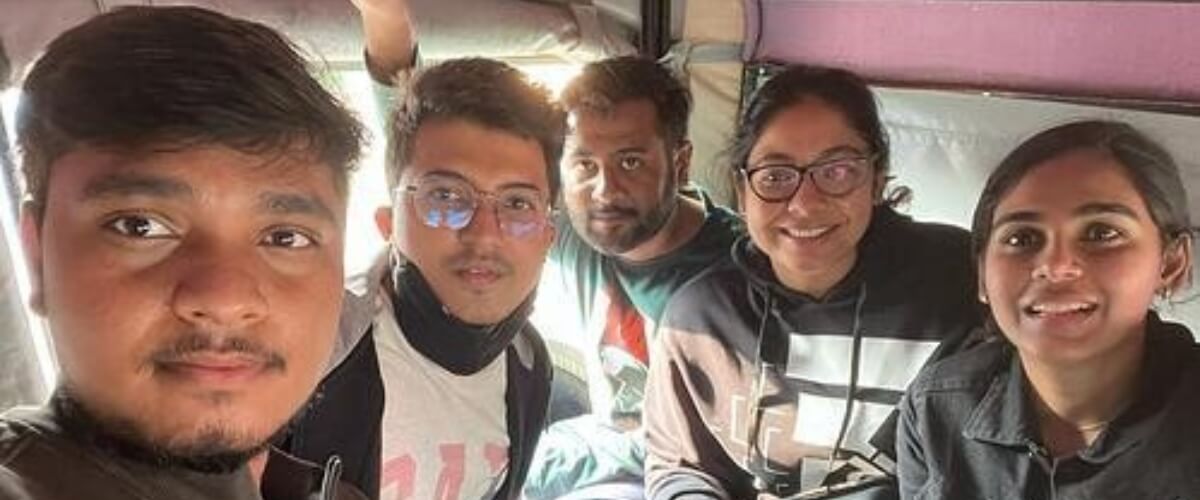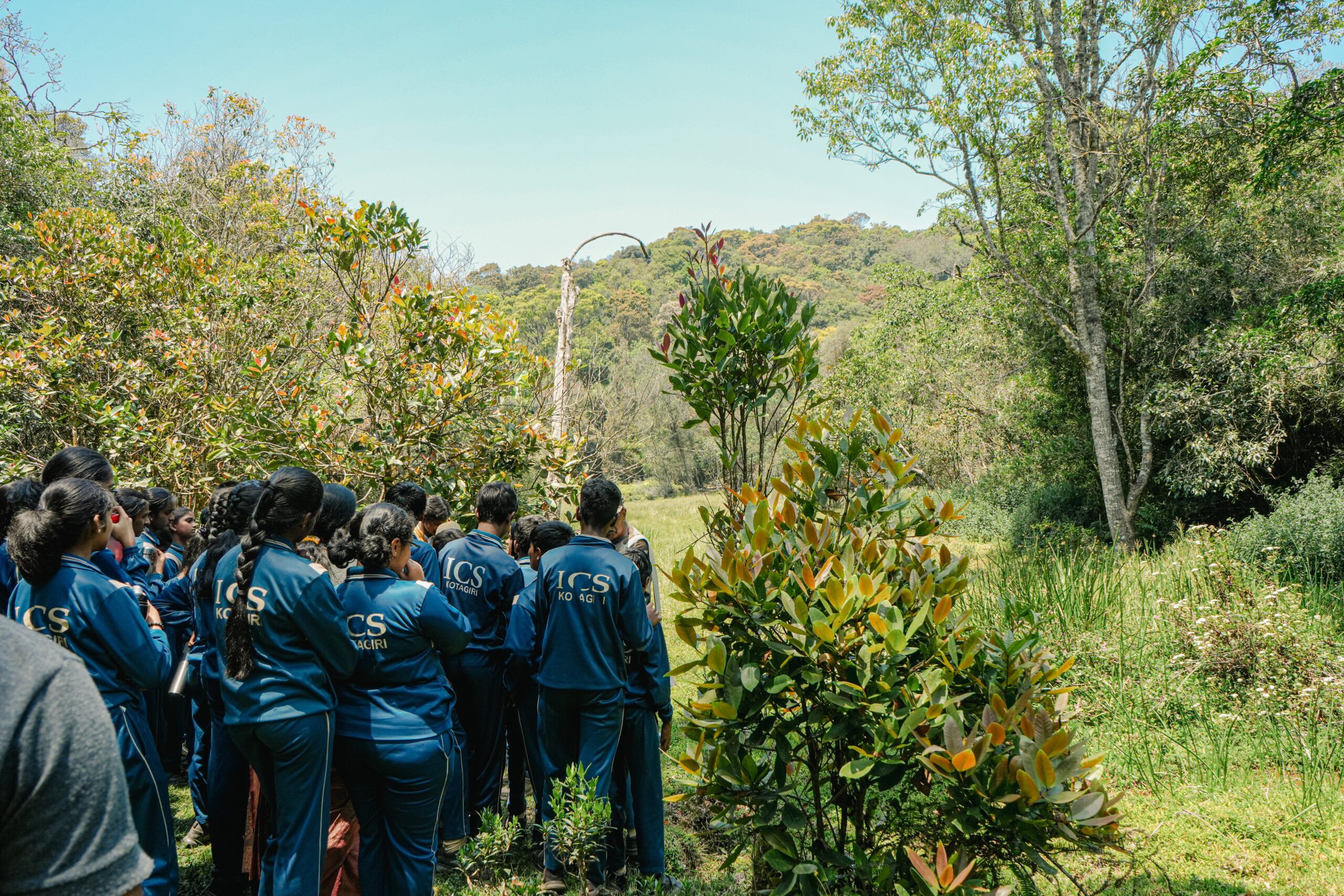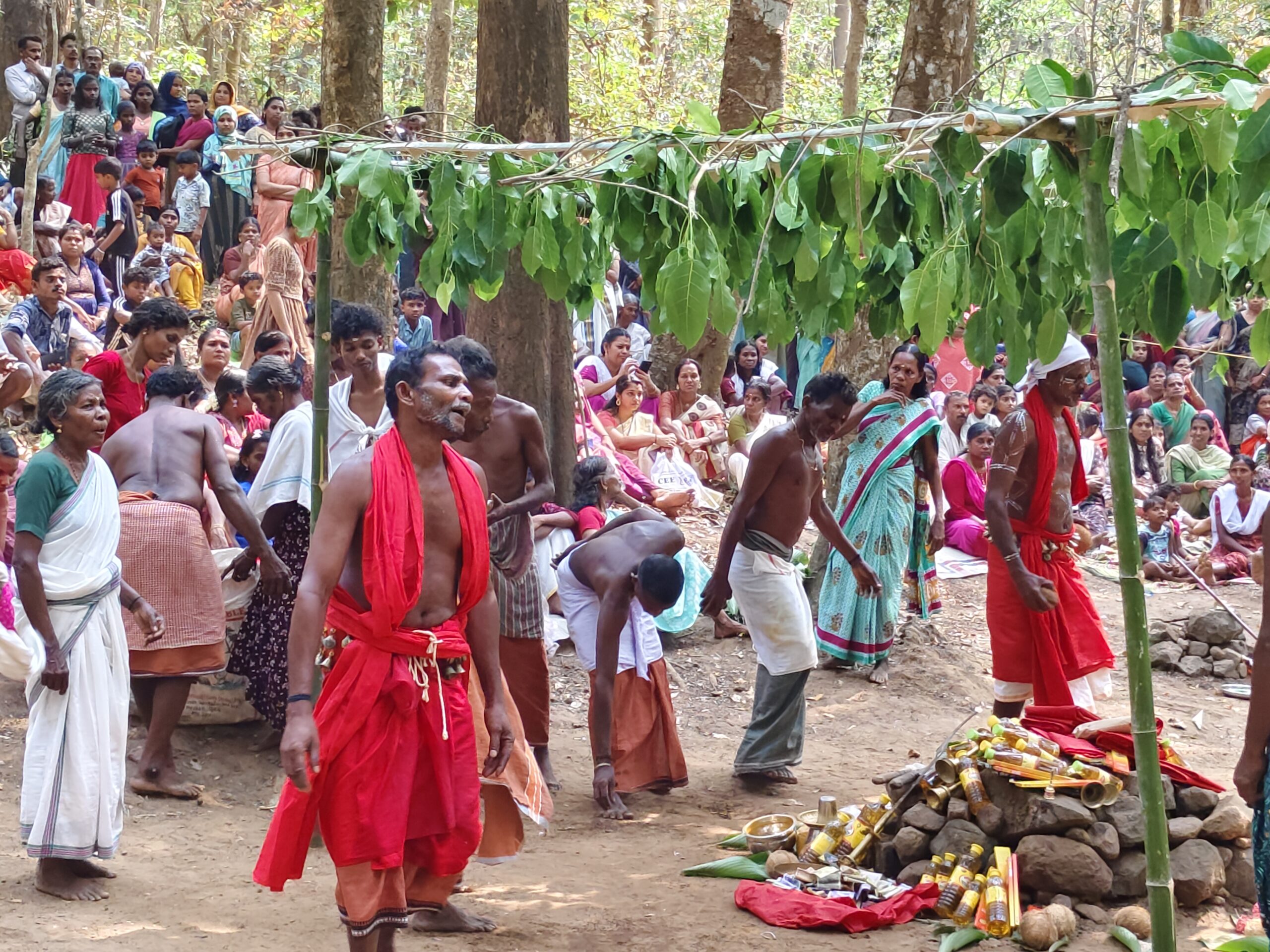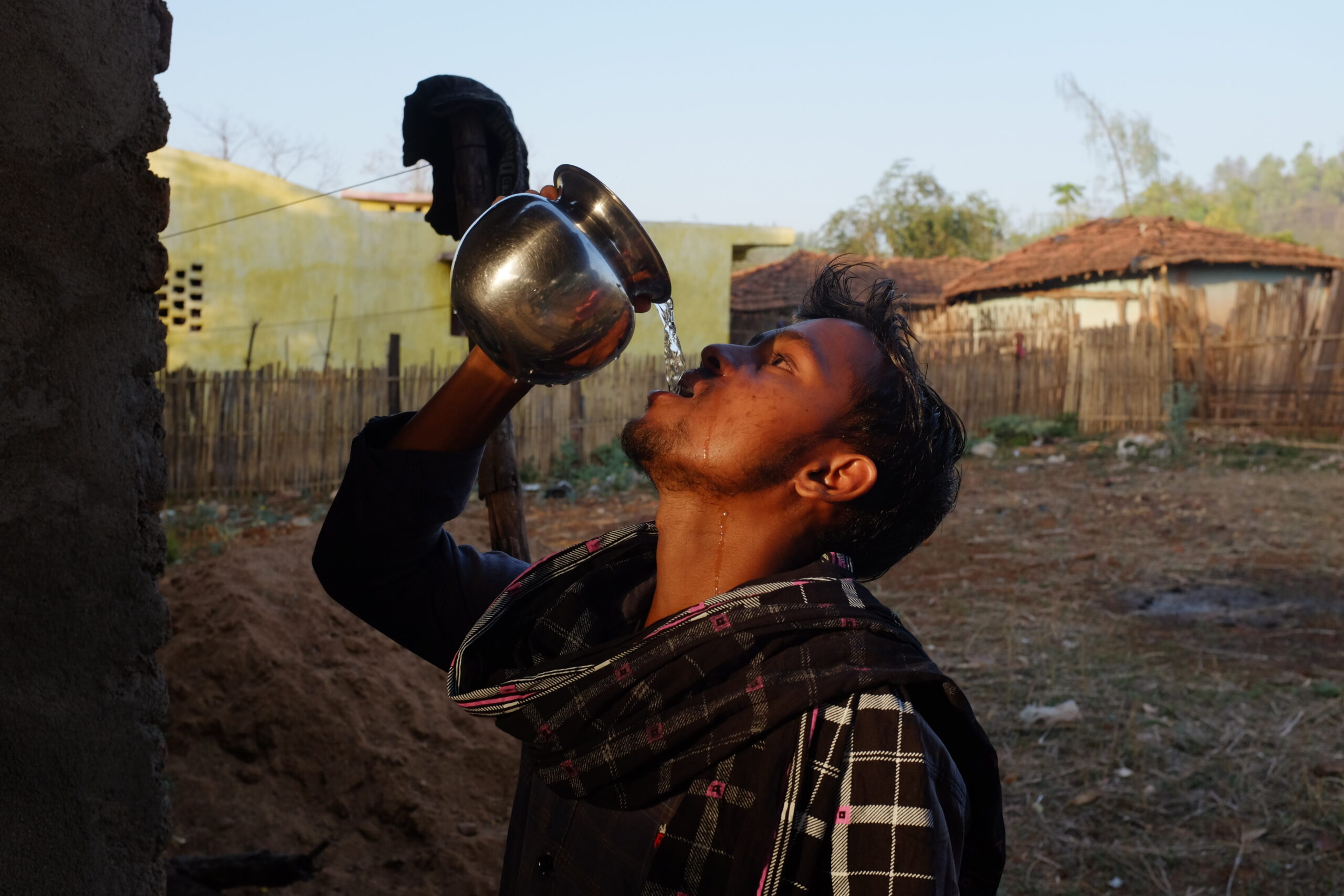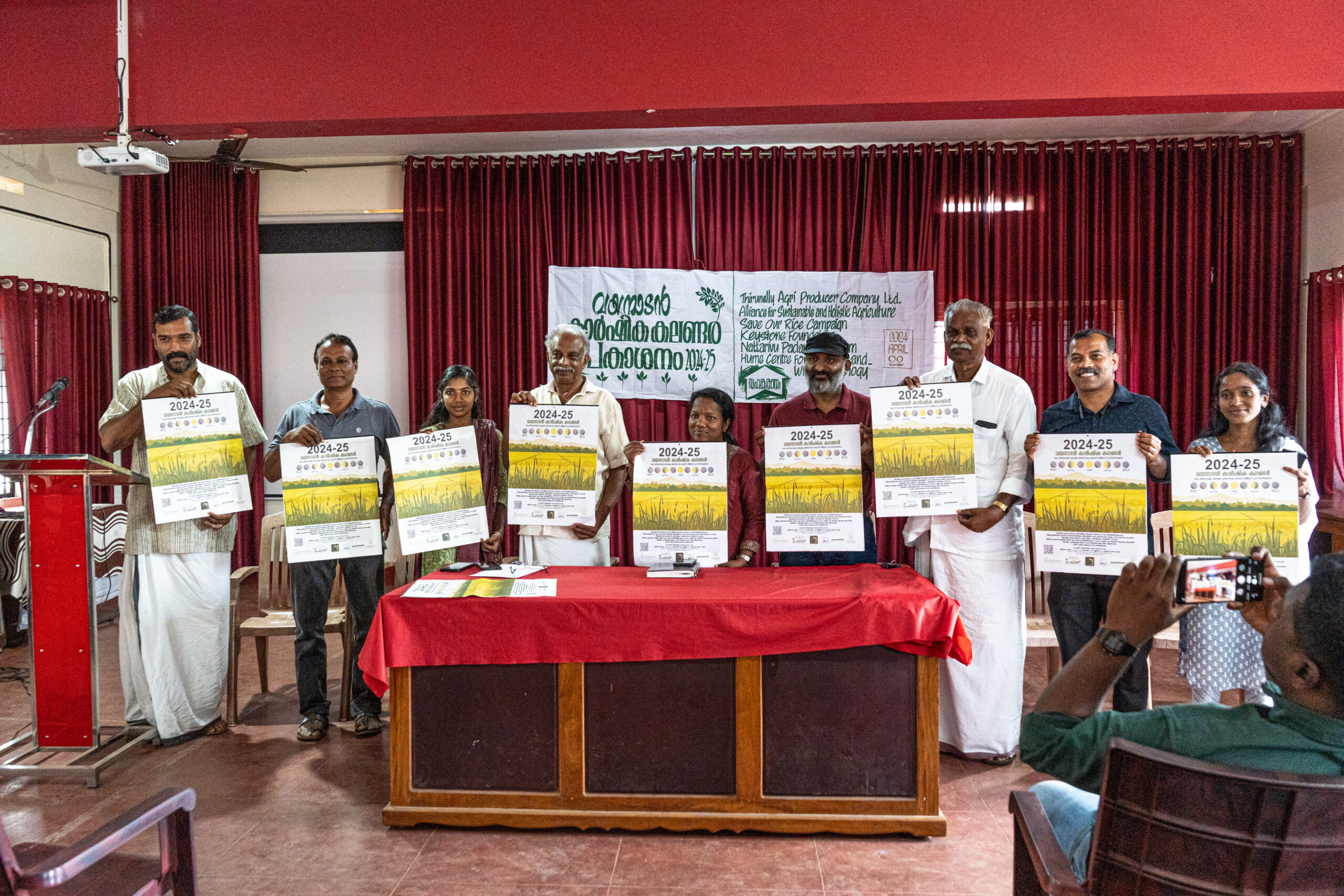Wings for our dream
“People never learn anything by being told, they have to find out for themselves.”-Paulo Coelho, [Veronika Decides to Die]
This quote in short sums up the very purpose of the fieldwork experience component of IIFM. Courtesy, Covid 19 induced pandemic, the only exposure to the pedagogy the 2021-23 batch had was over online mode, and thus the entire batch was eagerly looking forward to the field visit.
As the saying goes “History repeats itself” the third wave of Covid was gripping the entire country and each day was spent in fear before the journey to the field organizations begin, because of uncertainty, and anxiety of the field visit being canceled. unfortunately, that was the case with the immediately preceding batch.
The jinx didn’t repeat itself and the d-day of the departure to our respective organizations finally arrived. With Bags packed and excited about meeting each other for the first time, many of whom had become like a family (virtual family) over the past 6 months we started our journey (which in due course of time we realized was an eye-opening and life-changing experience) to our respective host organizations.
Our host organization was Keystone Foundation, Kotagiri nestled on a sprawling campus on a hilltop nestled in the laps of Nilgiri Mountain.
The first day was spent by visiting the Keystone campus and understanding how through different programs, activities, and research within the themes of NTFP, Honey hunting, Apiculture, Community Wellbeing, Culture, Capacity Building, Environmental Governance, Networks, Water & Sanitation, Biodiversity & Restoration, Organic Farming and Enterprises; each geared to directly contribute the holistic wellbeing of individuals, their communities and, by extension, the environment.
This was the first insight for most of us into the working methodology of a development organization. The community engagement and mammoth amount of effort taken for successfully implementing even a simple-looking initiative of ensuring the right price for honey for the indigenous community members was an eye-opener and were one of our first practical exposure to the development sector by visiting Aadhimalai office space.
The covid induced lockdown cut down on a part of our fieldwork exposure and it was reduced to 4 days. Nevertheless, All’s well that ends well, five of us Shivam Jhade, Rishab Chaturvedy, Ayush Rewatkar, Vipasa Mallik and I left for the field center of Keystone at Sigur in Mudumalai Tiger Reserve, to understand the potential of Ecotourism in the Mudumalai Tiger Reserve. I am sure that whatever transpired for the next four days and the experiences, learning gained in the processes are things to be cherished forever and I will never trade them for anything else in the world.
Mudumalai as it is known is a political hotbed and is always under the scanner of media, politicians, courts of law and as other places bureaucracy and red tapism has a greater influence.
While analyzing the potential of eco-tourism, we as a team came to learn about the problems of the community first hand. The supremacist behavior of the elite class and a sense of privilege were easily sensed amongst the richer strata of the society. This was the first time I came to witness firsthand how financial conditions and privilege can influence differences of opinion on the same subject.
Stakeholder mapping, PESTLE analysis, seeing the world through the eyes of the local community, understanding their problems, hierarchical issues between different sections of society were a few of the things which I learned for the first time. How the lack of funds can ruin great plans even when the heart lies in the right place was evident when we saw contractual workers of forest departments getting bare minimum wages and not getting paid regularly showed why only creating job opportunities was not the end of the road to the responsibility of the government. It was surprising how the people of the same community had the same opinion on every topic under the sun. Normally it seemed that one jeep safari driver was speaking for everyone else, all the resort owners, forest officials, Anti-poaching watchers, or for that matter any particular set of stakeholders all resonated the same.
The biggest takeaway from Sigur was sustainability looks very good on paper but it is difficult to apply on the ground, though once successfully implemented it has great potential and steers us all towards lasting changes.
We were 9 members together in the field center with minim, cooking food together after being in the field for the entire day was an entire fun experience on its own. The jeep ride to fieldwork and the road to the field center is also a memory to be cherished forever. Pongal celebration at the keystone campus gave us the chance to be a part of one of the biggest festivities of Tamil Nadu and made us understand the concept of unity in diversity of our country, the day is celebrated in different forms and manners with different names in different regions of the country but with the same purpose of thanking natural forces for a successful harvest.
By Kruthi Ontendhu, IIFM 2021- 2023, PGDFM Student

